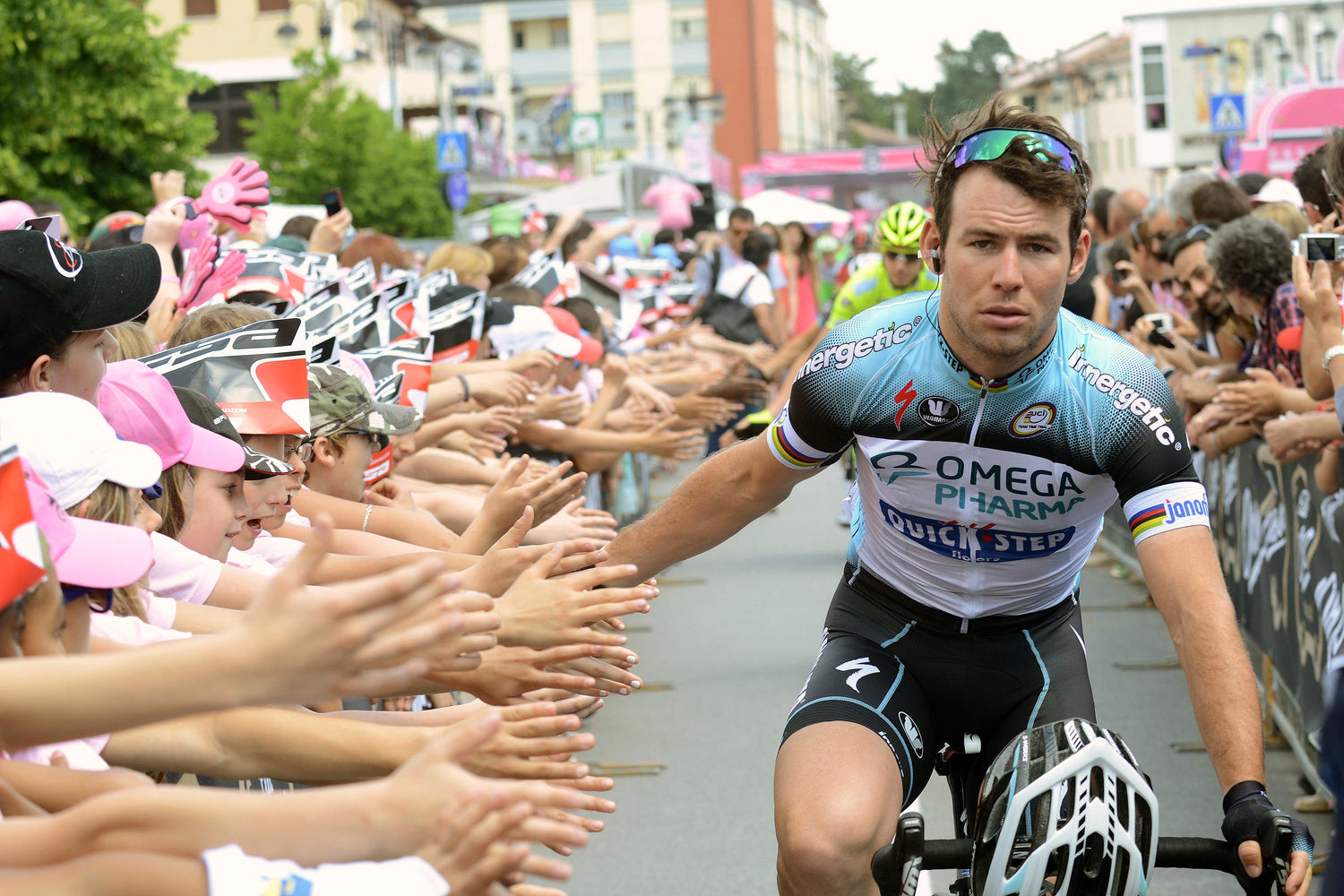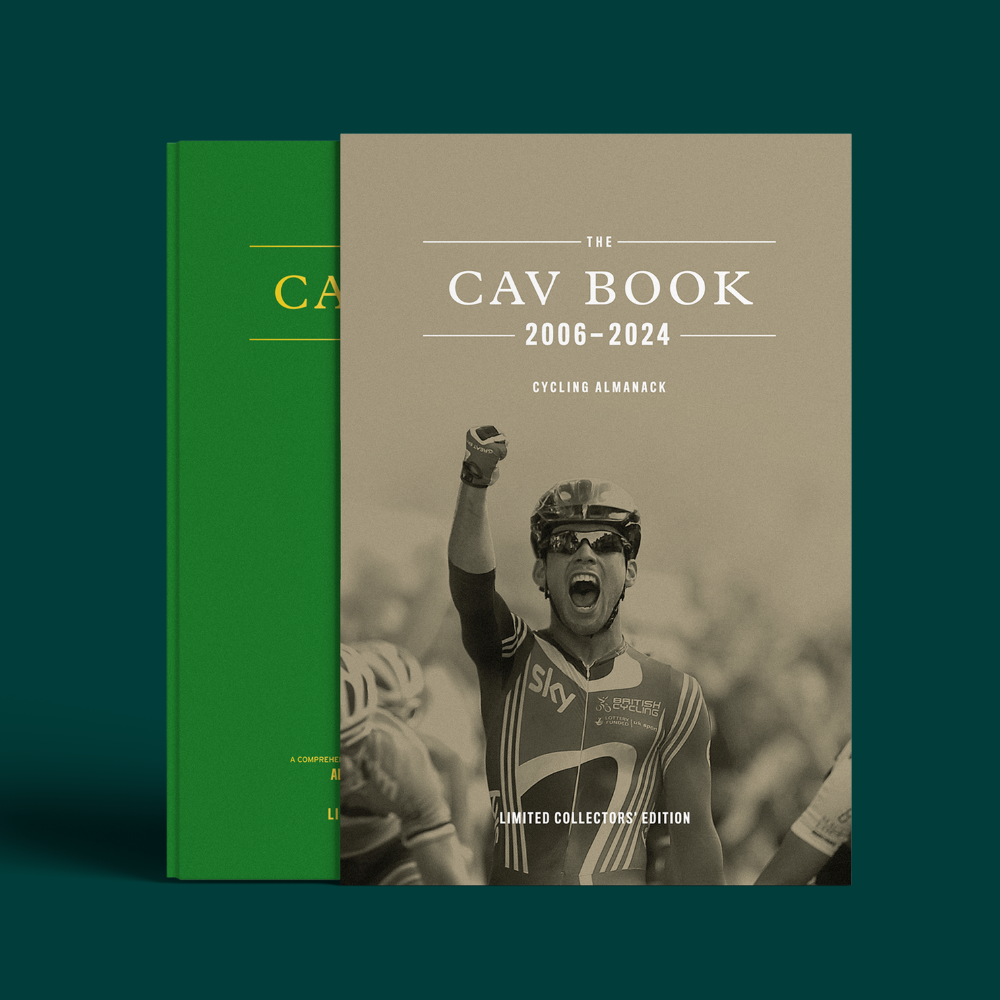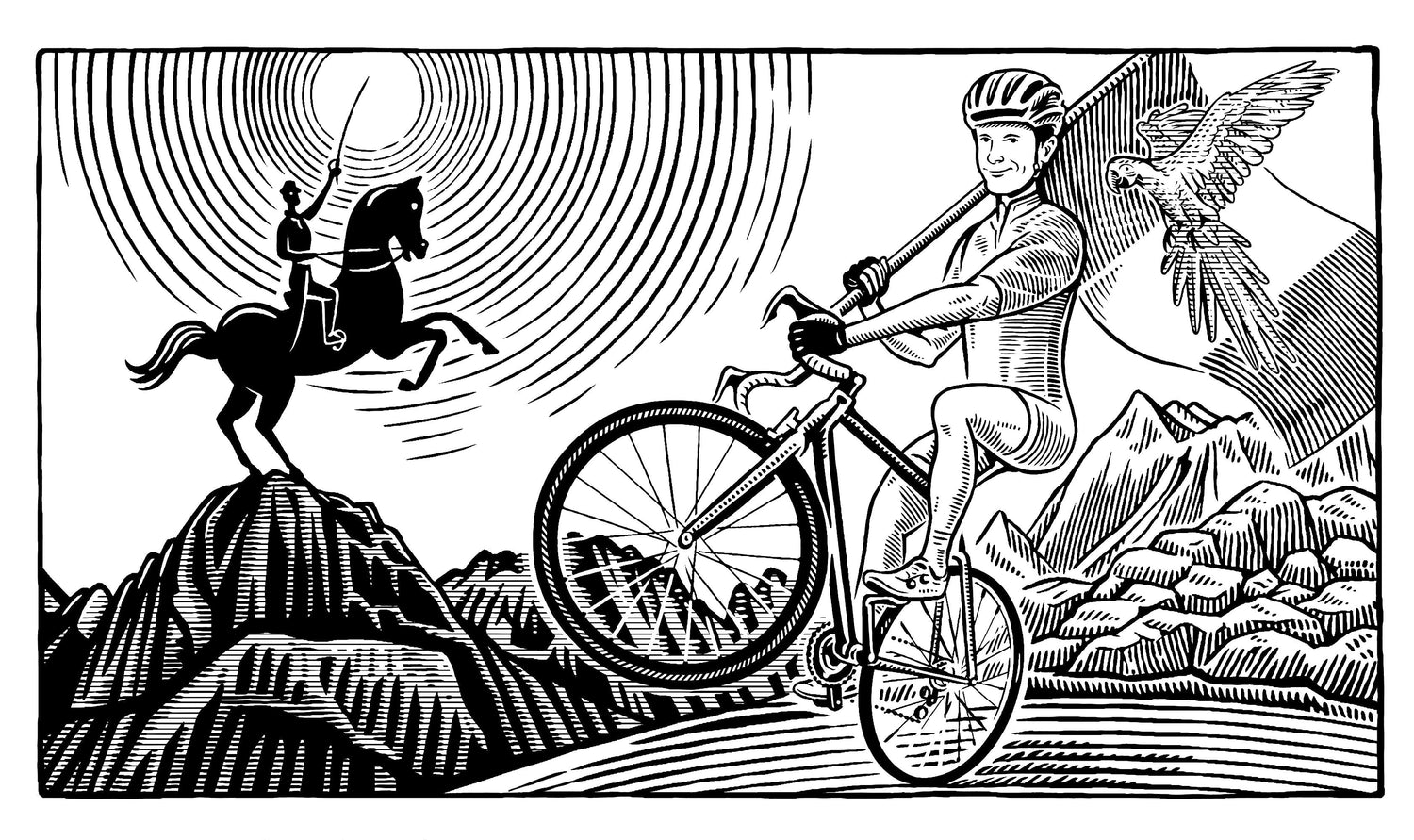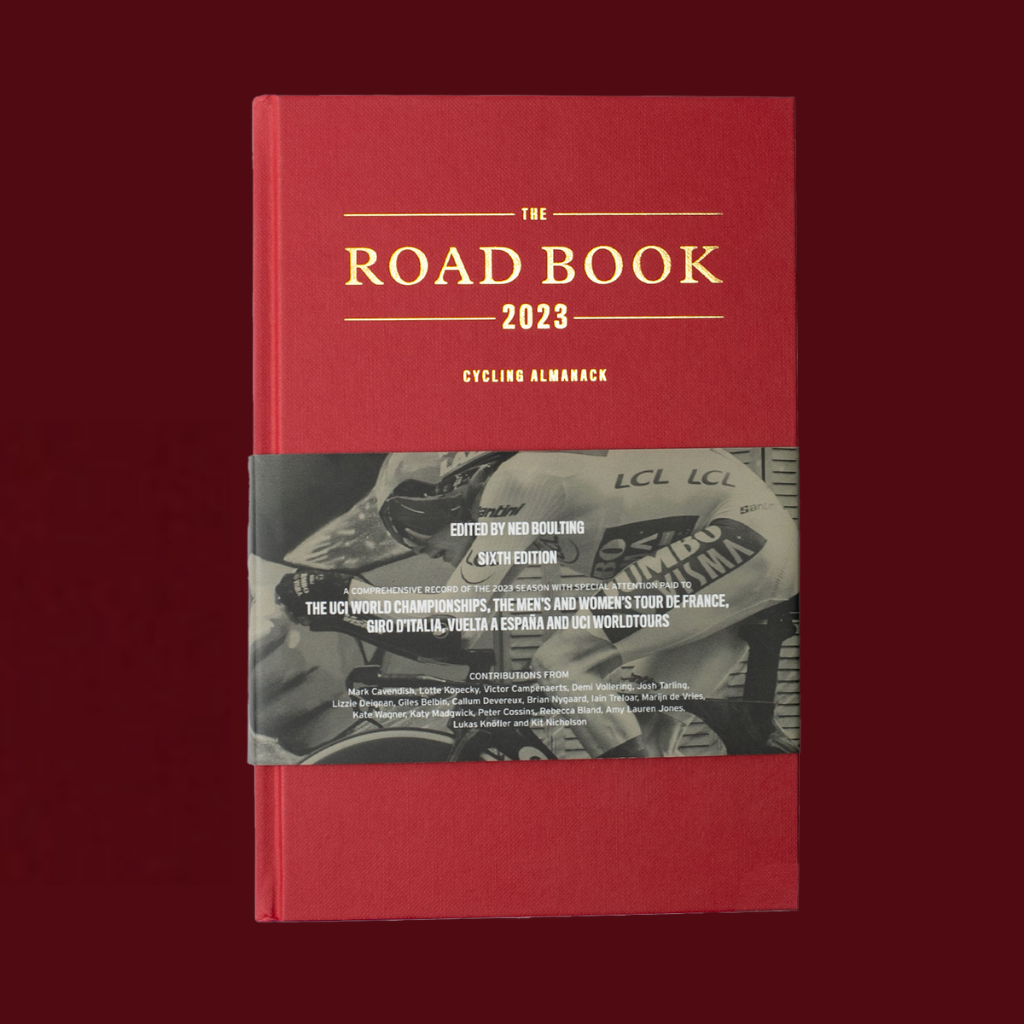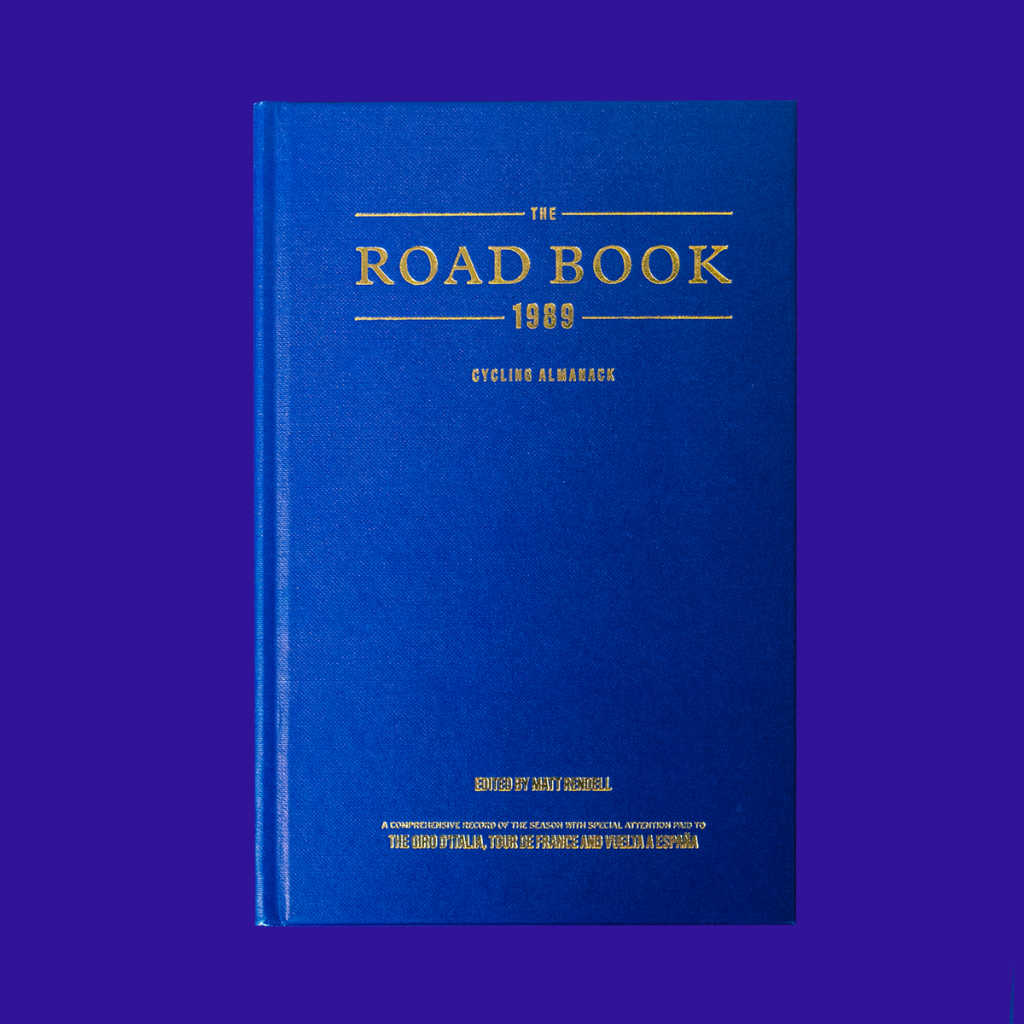Extract from The Road Book 2020 Edition. To read more from Nic Dlamini and many more, words and much more, purchase your first edition copy today.
Editor’s note
Nic Dlamini, 25, rides for NTT. He specialises in hard races with plenty of short sharp hills to attack. He has ridden two editions of the Vuelta, and in 2018 he won the King of the Mountains competition at the Tour Down Under. He is the only black South African to be racing overseas.
In late December 2019, he was out for a training ride on a regular route on the Cape Peninsular. During the ride he was hauled off his bike and assaulted by a park ranger who broke his left arm in a deliberately violent assault that was filmed by a passing cyclist. That assault is still subject to legal proceedings. Dlamini now has a metal plate in his upper arm and a scar that measures 32 stitches in length.
He currently triangulates his life between his new family home in the predominantly white Cape Town suburb of Muizenberg, Girona in Spain and the UK, where he spent lockdown. But he still visits his old friends with whom he grew up in the troubled township of Capricorn Park.
For The Road Book 2020, he has shared his childhood memories, as well as retelling the story that made international headlines just as the year was getting underway.
——
As an athlete you always know you’ll break your own bones. But I never thought someone else would break mine. It’s a scar that means a lot to me. It’s part of the story. It’s part of me. I have memories. But they don’t break me down.
A lot of people suggested that I go for counselling so that I could get my mind back and avoid having flashbacks at some point. Maybe if it had happened to someone else, they might have needed counselling. But since I grew up in a township, I didn’t feel like I needed it. I’ve never had any flashbacks, not once. My background helped to make me strong. Obviously I broke my arm, but I’ve seen worse.
I grew up in Capricorn Park. If you grow up in a township, you get exposed to a lot of stuff. It’s very different to growing up in a white household. We saw everything, all the time. I’ve seen people being killed. I’ve seen people being driven over by a train. I’ve seen crazy things. At any given time, you’ll see people fighting. Then one of them will take out a knife and stab the other one. Or maybe they’ll take out a gun and start shooting the other one. These are the things we grew up seeing.
Normally if you see someone take out a knife, or a gun, you start running. But in South Africa you don’t run. When that happens, we don’t run away. We actually want to see what the other one is going to do. That’s what it’s like, that’s what you get exposed to. You get used to it. You want to see what’s going to happen. It becomes a normal thing. You’ll be walking along and you’ll see someone lying there who’s just been shot a minute or two ago and people are just walking by, minding their own business.
It’s madness living in a township. It is dirty. The streets are dirty, and full. The houses were built by the government – really small, really basic. They used the cheapest materials. When it started to rain, the doors would swell and they wouldn’t close. Then they’d start falling apart. I remember when our door was broken and, in order to get in or out, we’d have to remove the whole door and put it to one side to go out, then we’d put it back again. The roof would leak when it rained, and the blankets would get wet. We’d have to put buckets underneath where the holes were.
In winter it would be a disaster, it would be really, really cold. Some people had a paraffin heater and they’d leave it on the whole day. Other people couldn’t afford heaters, and they’d make fires outside. Then, once the fire settled down, they’d bring the coals in.
We had one bedroom, made of bricks, and asbestos on top. One of us would sleep on the couch, one on the floor and my sister would share the bed with my mum.
My mum has always done domestic work. She’s done it for a very long time and worked for a lot of people. She’d have to wake up very early to leave the house by five o’clock. In the winter it was a nightmare. She’d have to walk to the taxi rank and it was very worrying, with the township being so dangerous. So sometimes I’d walk with her to make sure she got on to the taxi. We’d see my father sometimes, but we never stayed with him or spent much time with him. Really, he was just not there. My mum did everything when we were young.
A summer’s day in South Africa is noisy. People start spring cleaning, playing loud music, some people will be drinking. People love alcohol in South Africa. I think it helps them to forget about some of the things they are going through. It’s loud. People are cooking; the guys from Malawi might be cooking fish or rice, frying it so it becomes really smelly. There’s a lot of sand in Cape Town. It stinks too, it gets wet and kind of mouldy. That’s why people do so much cleaning.
Some days when it rained and the roof would leak, the material inside would start to smell like mould. You have to open the windows and the doors. To get into some places you have to duck under washing. You can imagine, maybe six people living on a small piece of land. Everyone’s doing washing. You’re always having to duck under washing wherever you’re going. But I think the people have found a happiness in that. They have accepted it. I did, too. I think that if you grow up in an environment like that, you basically adapt to it and you’re able to find a lot of happiness in it.
Growing up, I was really naughty, to be honest. You know, if you grow up in a township that’s well known for drugs and all the crazy stuff, the gangsters, it’s so easy to be influenced by those things. My friends and I would go hunting. We’d kill birds – guinea fowl, goose, any sort of birds. I’ve eaten every sort. We made traps using crates and ropes. Sometimes we’d drive a bird towards the fence. Once it was close to the fence it wouldn’t be able to fly. Then we’d come from every side and catch it. We’d make small houses in the bush. We’d come back from school and go and sit in our small house. Then we started smoking. But I wasn’t really into it.
I remember one day coming back from school and thinking, ‘I don’t know if I’m really enjoying what we’re doing.’ I must have been about 11 when I realised I didn’t want to do this. So I started staying at home. I’d come back from school and basically just stay at home. I’d only see my friends if my mum sent me out to go and buy something from the shop. That was the only time I saw them then, playing in the street, and they’d always tease me. ‘You’re a homeboy now!’ I’d sit with them for five minutes and then go back home.
My earliest memory is having to make this transition.



